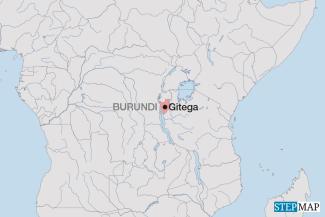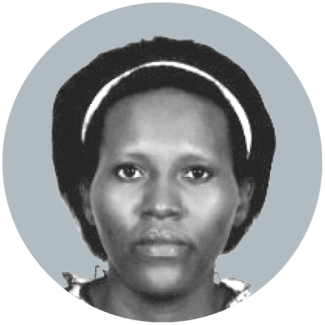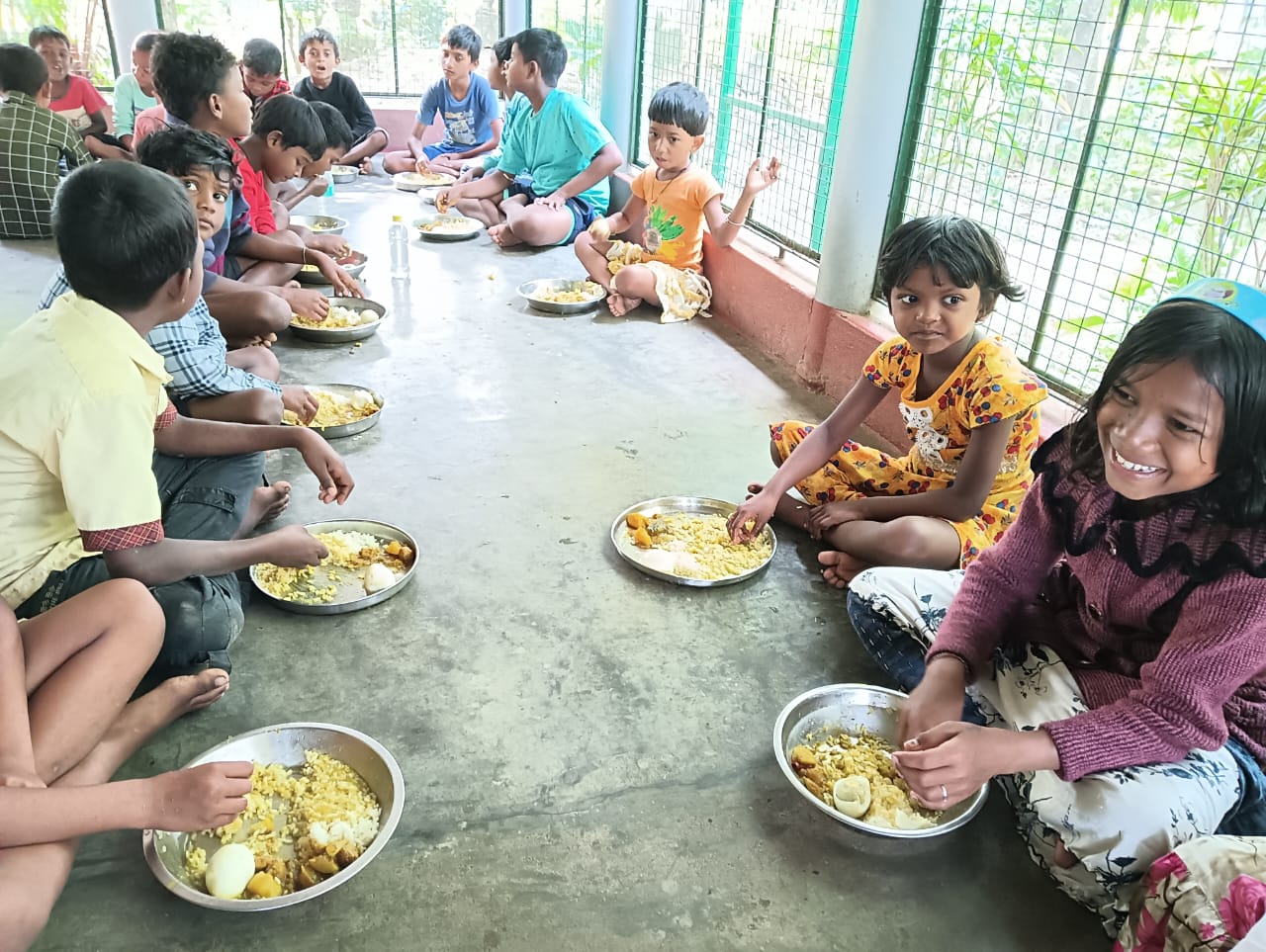Burundi
A hot lunch at school

The drought is particularly bad in three provinces in the north of Burundi, especially in Kirundo. As a result, people are leaving the area in large numbers and children are dropping out of school. To alleviate the hardship, Burundi teamed up with the UN World Food Programme in 2009 to launch a programme to distribute free dinners at primary schools. This helps families and promotes development in rural areas.
Under the programme, smallholder families are able to sell their harvests to schools. To reduce the number of school dropouts across the country, the school-canteen programme has been extended to seven of Burundi’s 18 provinces and is currently estimated to benefit 650,000 primary-school children.
This has a double benefit for smallholder families. First, they have the certainty that the food they produce will find a buyer and second, their children have an adequate diet. The school meals consist mainly of healthy local vegetables such as maize, cassava and beans.
The official responsible for school canteens at the Ministry of Education explains that the programme began with imported rice, beans and maize. “In 2013, we decided on a new strategy to supply school canteens with local produce.”
The headmaster of a primary school where the programme has been running for some time draws mixed conclusions. In the first few years after the introduction of the free lunch programme, he says, the children were happy about it and their performance at school was very satisfying. “But as family poverty increased, girls and boys lost interest in school and the number of school dropouts rose. Boys in particular looked for work in neighbouring countries.” Many girls left school after becoming pregnant. The headmaster sees the school meals as a helpful measure, but he had expected more.
That observation is confirmed by declining official figures. An official from the Ministry of Education reports that 624,000 pupils in 820 schools benefited from the school-canteen programme in the 2018/19 school year, compared to 570,000 pupils in the 2019/20 school year and 400,000 in 500 schools a year later. Apart from the rise in family poverty, the decline in numbers is also due to a lack of government funding.
The number of primary-school children benefiting from the programme in Burundi is currently estimated at 650,000. The target is 2.8 million, however. Burundi needs to mobilise more resources to keep children in school and hope for better results.
The school-meals programme also offers opportunities for the agricultural sector including livestock farmers, because it enables them to supply food locally to schools. This promotes the development of rural areas.
Mireille Kanyange is a journalist at Radio Isanganiro in Burundi.
mika.kanyange@gmail.com














